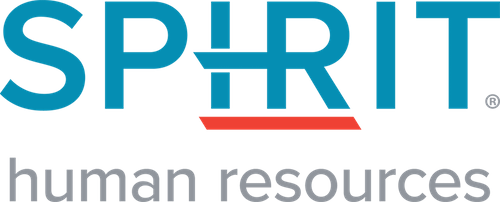Paycheck Protection Program Flexibility Act

On June 5, 2020 the Paycheck Protection Program Flexibility Act, which will implement substantial changes to the Paycheck Protection Program (PPP) was signed by President Trump into law. Among other changes, the bill extends the time that businesses have to spend PPP loan funds and alters the forgiveness rules.
Coverage Period
The Paycheck Protection Program Flexibility Act extends the covered period from February 15, 2020 through June 30, 2020 to February 15, 2020 through December 31, 2020. This extends the period during which PPP loan funds may be used from eight weeks to 24 weeks after the disbursement of the PPP loan, or up until December 31, 2020, whichever period ends earlier. Borrowers who received a PPP loan before the enactment of the Flexibility Act may elect to use an eight-week forgiveness period
Payroll and Non-Payroll Costs
The Flexibility Act amends the guidance issued by the SBA and Department of the Treasury to require that borrowers use at least 60% of the PPP loan amount for payroll costs, and at most 40% of the PPP loan amount for non-payroll costs (rent, mortgage interest, and utilities). Previous guidance issued by the SBA and Department of the Treasury’s placed the cap on non-payroll costs at 25% of the total forgiveness amount, not the total loan amount.
Full-time Equivalent (FTE) Reduction
The Flexibility Act also amends the CARES Act to provide that any reduction in the amount of loan forgiveness is avoided if the employer rehires all employees laid off between February 15, 2020 and April 26, 2020, or increases their previously reduced wages, no later than December 31, 2020.
The Flexibility Act creates an additional exemption to the reduction-in-loan forgiveness. The exemption states that the amount of loan forgiveness will be determined “without regard to a proportional reduction in the number of full-time equivalent employees” if the borrower, in good faith:
- Can document an inability to rehire individuals who were employees of the eligible recipient on February 15, 2020 and an inability to hire similarly qualified employees for unfilled positions on or before December 31, 2020; or
- Can document an inability to return to the same level of business activity as the borrower was operating at before February 15, 2020, due to compliance with requirements established or guidance issued by the Secretary of Health and Human Services, the Director of the Centers for Disease Control and Prevention, or the Occupational Safety and Health Administration during the period between March 1, 2020 and December 31, 2020, related to the maintenance of standards for sanitation, social distancing, or any other worker or customer safety requirement related to COVID-19.
For businesses that are unable to return to full operation because of restrictions on customer capacity or other reopening restrictions these exemptions are particularly relevant.
Loan Repayment
Under the Flexibility Act, payment of principal, interest, and fees are deferred until the date that the amount of forgiveness is remitted to the lender. Borrowers must submit applications for forgiveness within ten months after the last day of the covered forgiveness period.
This summary provides an overview of a specific developing situation. It is not intended to be, and should not be construed as, legal advice for any particular fact situation.
Latest Blogs from Spirit HR
Culture by Design: How to Build a Company People Don’t Want to Leave
Culture by Design: How to Build a Company People Don’t Want to Leave When most people think about company culture, they think about ping-pong tables, snack bars, and casual Fridays. But real culture — the kind that makes people want to stay, grow, and thrive — runs...
Are You Wasting Money on HR? The Hidden Costs of Payroll, Benefits, and Compliance
The Hidden Costs of Managing HR the Old Way Many business owners believe they can’t afford a PEO (Professional Employer Organization). The truth? They’re already spending the money—but in an inefficient way. Most businesses rely on multiple HR service providers to...
Experience the New and Improved Spirit Connect
Running a business is hard—but managing HR doesn’t have to be. At Spirit HR, we are committed to making workforce management simpler, more efficient, and more intuitive for our clients. That’s why we’re excited to introduce new technology upgrades to Spirit Connect,...
